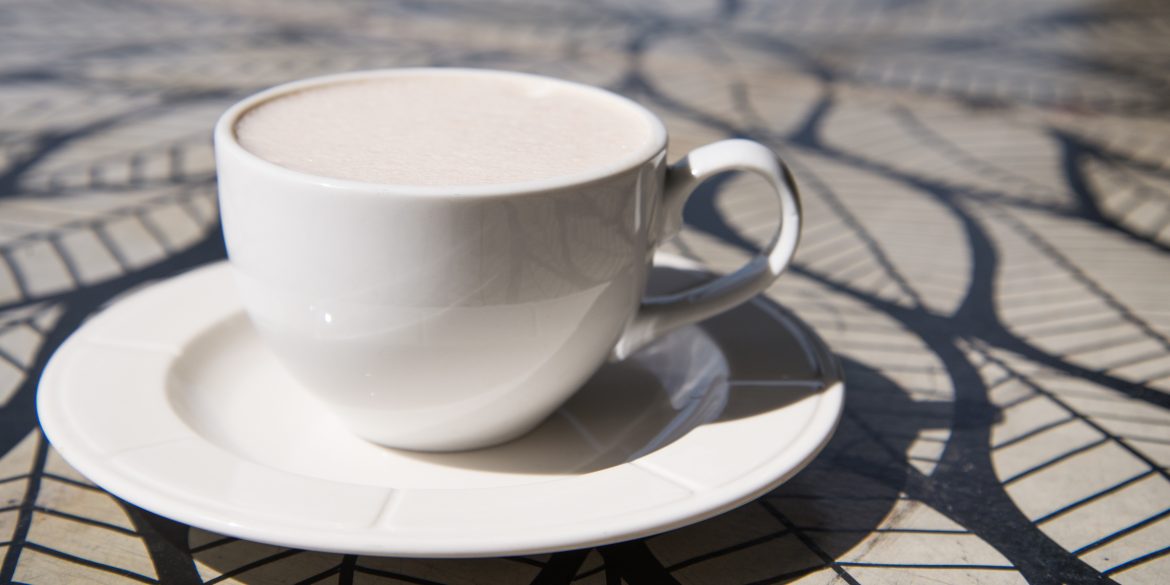“That’s just not my cup of tea!”
We all know the familiar expression for something that just doesn’t fit with our tastes. Tea has been such an essential part of our culture for so long that it has become ingrained in our daily language.
“Not for all the tea in China!!” means something is priceless.
“The price of tea” refers to things of true importance, as in: “What’s that got to do with the price of tea?”
“That’s another cup of tea” is the British equivalent of a horse of a different color.
“The pot calling the kettle black” insinuates that someone might be projecting.
Even “The Tea Party” makes reference to one of the most important acts of defiance in American history.
Throughout history, there have only ever been two words (and their variations) for the world’s favorite beverage: Tea (Thé, Tee, Té) and Cha (Chai, Chay, Çay). Every culture has their own relationship with the daily drink, and many other languages have their own tea-inspired expressions:
“Na Chai” – Meaning “for tea” in Russian, this expression is slang for tipping.
“Chali” – This “tea gift” is given to young women upon their engagement in Chinese culture. The term stuck, but nowadays people give anything, not just tea.
“Hock nit kein Chainik” – This Yiddish expression for “don’t bang a tea kettle” says not to make a fuss out of nothing.
“Bir çayın kırk yıl hatırı vardır” – Meaning literally, “a cup of tea has a 40-year memory,” this Turkish expression shows how the simple of act sharing tea will lead to a long and lasting friendship.


